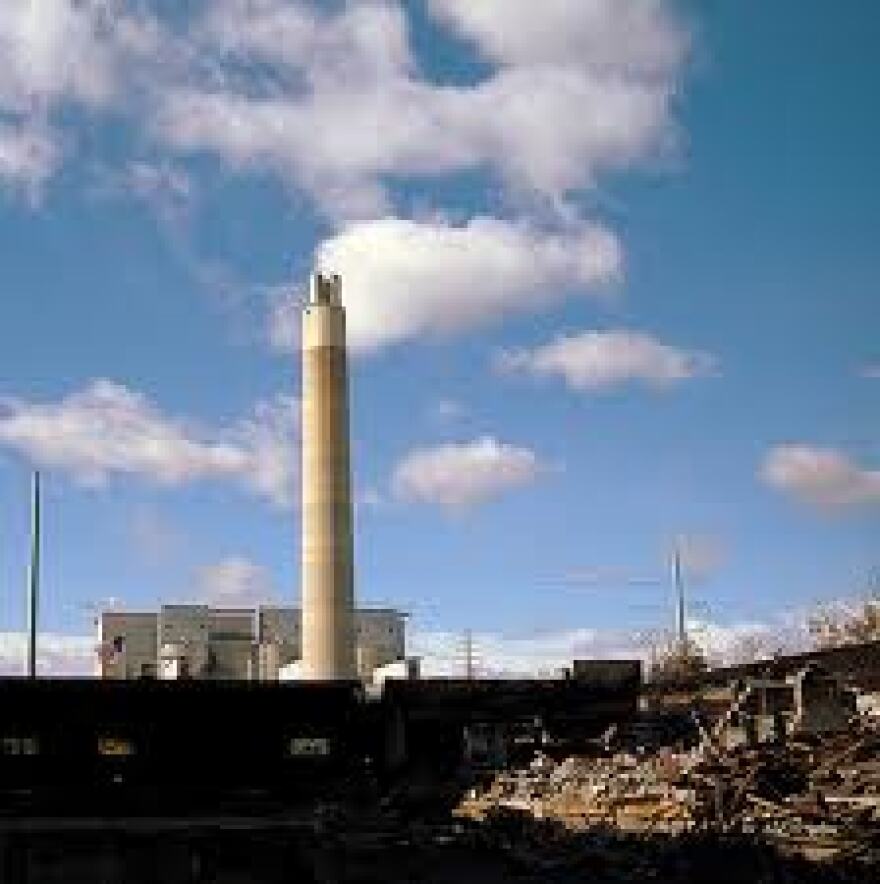Environmental groups say a proposal from within state government to weaken Michigan’s toxic air pollutant guidelines would put public health at risk.
Michigan has some of the strictest guidelines in the nation when it comes to toxic air chemicals. It’s one of just nine states to regulate all potentially toxic emissions.
Currently, that list includes about 1200 chemicals emitted by industrial facilities. Facilities must evaluate all those chemicals, and prove to the state their emissions won't be harmful to public health before they get a permit.
But a new plan would cut about 500 substances from the list. They include toxic chemicals whose impact on public health have not been tested, and all “less toxic” non-carcinogen chemicals—regardless of the quantity to be emitted.
“This would take what we think is an outstanding program, that has been very protective of citizens of Michigan, and roll it back to essentially meeting the basic federal standards,” says Jeff Gearhart, research director at the Ann Arbor-based Ecology Center.
Gearhart notes the change would also shift primary screening responsibilities from industry to the Michigan Department of Environmental Quality. “It really shifts the burden away from companies for proving the emissions are safe, and saddles an underfunded state agency with having to protect the public’s health all on their own,” he says.
The proposed rule change comes from an environmental rule committee within Gov. Snyder’s Office of Regulatory Reinvention. The basic regulatory scheme has been in place since the early 1980s, and was last reviewed in the 1990s.
According to the committee, the proposed revisions would “serve to level the playing field with other states vying for additional industrial growth, and would not result in backsliding of the environmental programs.
“The current system of reviewing the impacts of every feasible, potential air toxic results in nothing more than a 'numbers game' that only serves to heighten public anxiety, delay permit issuance and waste several hundreds of thousands of dollars for stack testing that could be put to better use for industrial expansions, process improvements and other more beneficial programs,” the committee goes on to say.
But Gearhart and others from environmental groups say the state isn’t using “sound science” to evaluate the possible public health repercussions—which they claim could be serious, especially in communities already heavily burdened by pollution.
The proposed rule change just needs Gov. Snyder’s signature to go into effect. Opponents have sent the Governor a letter urging him to reject it.






